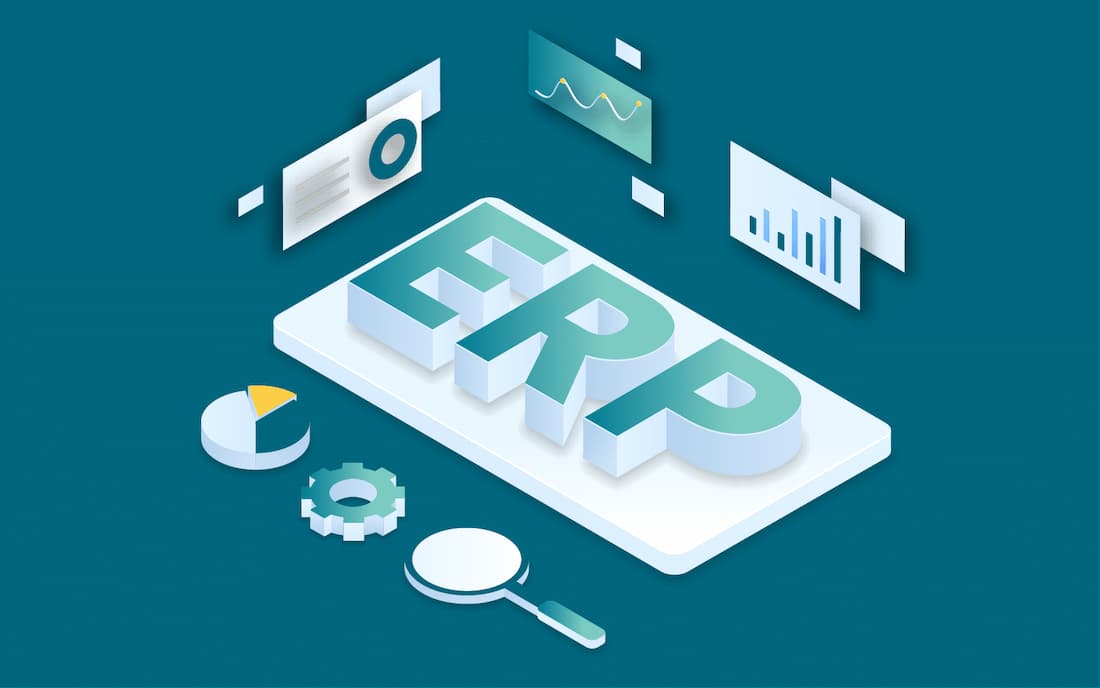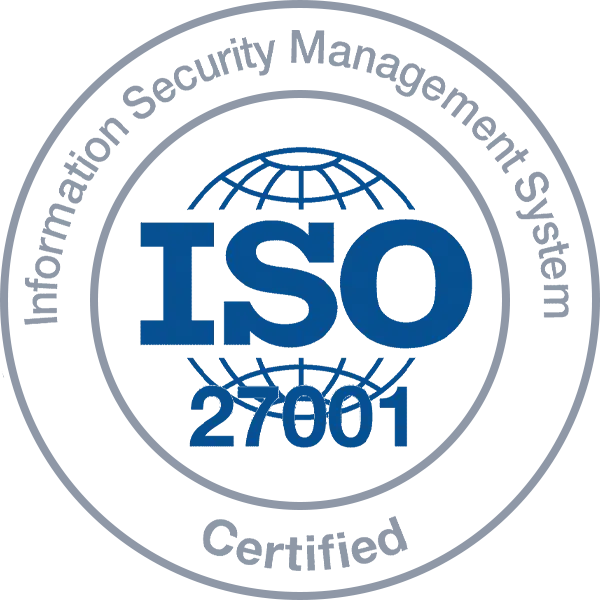In today’s fast-paced business environment, organizations are constantly seeking ways to streamline their operations, improve efficiency, and make data-driven decisions. One solution that has gained widespread adoption is Enterprise Resource Planning (ERP) systems. But what exactly is an ERP system, and how can it benefit your business? In this article, we will explore the purpose of ERP systems, their benefits, popular brands, and what a software development company can offer as an ERP development service.
What is an ERP System?
An ERP system is a comprehensive software solution designed to manage and integrate all the essential functions of a business, including finance, human resources, manufacturing, supply chain, sales, and customer service. By consolidating these processes into a single system, ERP enables organizations to have a unified view of their operations, making it easier to manage and optimize their business activities.

Benefits of ERP Systems:
- Streamlined Business Processes: ERP systems automate and integrate various business processes, reducing manual tasks and errors, improving productivity, and enabling faster decision-making.
- Improved Collaboration: By providing a centralized platform for information sharing and communication, ERP systems enhance collaboration among departments and teams, fostering a more cohesive and efficient workforce.
- Real-time Data and Analytics: ERP systems provide real-time data and analytics, enabling managers to monitor key performance indicators (KPIs), identify trends and issues, and make informed decisions based on accurate information.
- Cost Savings: By optimizing resource allocation, reducing waste, and improving efficiency, ERP systems can help businesses save costs and increase profitability.
- Scalability and Flexibility: ERP systems are designed to be scalable and flexible, allowing businesses to adapt to changing market conditions, grow their operations, and expand into new markets.
Popular ERP System Brands:
There are several well-known ERP system brands in the market, each offering unique features and capabilities. Some of the most popular brands include:
- SAP: A leading provider of ERP solutions for various industries, known for its robust functionality and extensive feature set.
- Oracle: Offering a wide range of cloud-based and on-premise ERP solutions, Oracle is renowned for its flexibility and scalability.
- Microsoft Dynamics: A suite of integrated business management solutions from Microsoft, designed to help businesses of all sizes thrive in a digital world.
- Salesforce: Best known for its CRM solutions, Salesforce also offers ERP functionalities through its Cloud-based platform.
- Infor: A global provider of ERP solutions for midsize enterprises, Infor offers industry-specific solutions tailored to meet the needs of specific sectors.
ERP Development Services
As businesses increasingly recognize the value of ERP systems, many are turning to software development companies to create customized ERP solutions that meet their unique needs and requirements. These companies offer a range of ERP development services, including:
- Customization: Tailoring existing ERP systems to fit the specific needs and processes of a business.
- Integration: Integrating ERP systems with other enterprise applications, such as CRM, BI, and HRM tools, to create a seamless workflow and data exchange.
- Consulting: Providing expert guidance and support throughout the ERP implementation process, ensuring a smooth transition and successful adoption.
- Maintenance and Support: Offering ongoing maintenance, support, and updates to ensure the ERP system remains up-to-date and optimized for peak performance.
In conclusion, ERP systems are powerful tools that can help businesses streamline their operations, improve efficiency, and make data-driven decisions. By understanding the purpose of ERP systems, their benefits, popular brands, and the services offered by software development companies, businesses can make informed decisions about implementing an ERP solution that meets their unique needs and drives growth in a competitive marketplace.








